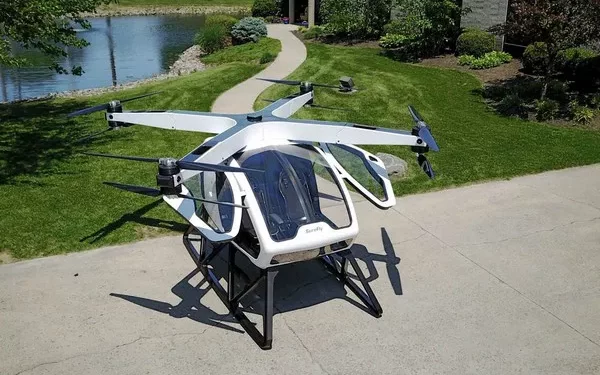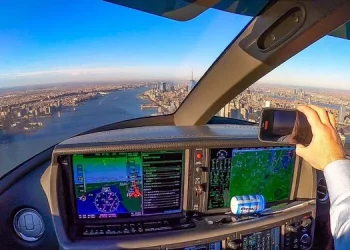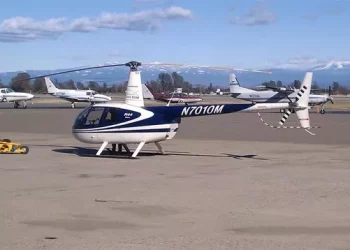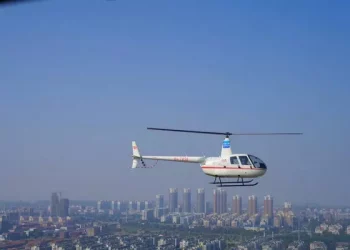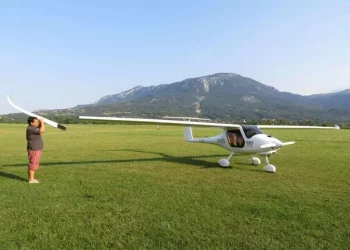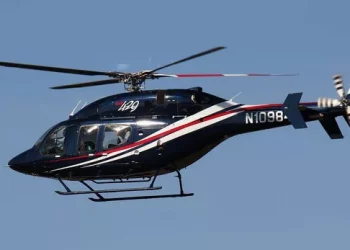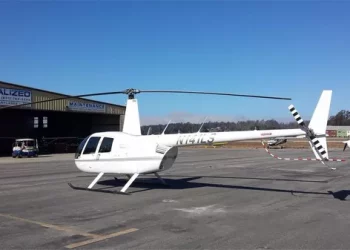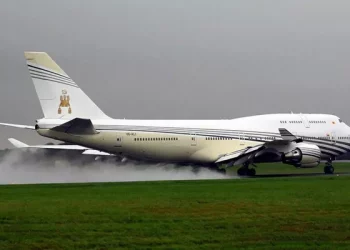Private planes offer a luxurious and efficient way to travel, but when it comes to international flights, customs clearance can be a complicated process. While the rules and regulations vary depending on the country, there are some general guidelines every private plane owner or operator should know. In this article, we’ll explore the ins and outs of private plane customs clearance and provide valuable tips to ensure a smooth experience.
- Understanding the Basics of Private Plane Customs Clearance
Customs clearance is a legal requirement for all private planes entering a foreign country. The process involves verifying passengers’ identities and checking the cargo for illegal items, such as drugs or weapons. Several documents are also required for customs clearance, including a passport, visa (if applicable), and a declaration form.
- Required Documents – Make sure you have all the necessary documents before leaving for your trip. This includes passports, visas, and any other permits required by the destination country. If you’re unsure about the requirements, contact the country’s embassy or consulate.
- Declaration Form – The declaration form provides details about the flight, including the number of passengers, their nationalities, and the cargo on board. Some countries require a more detailed form, so make sure to check the specific requirements beforehand.
- Procedures – Each country has its own customs procedures and regulations. Contact the destination airport ahead of time to learn about their specific requirements and procedures. Once you arrive, follow the instructions provided by the customs officials.
- Preparing for Private Plane Customs Clearance
To avoid delays and ensure a smooth customs clearance process, it’s important to prepare in advance.
- Cargo Information – Declare all items carried on board, including any valuable possessions or equipment. If possible, provide detailed information about the cargo, including the weight, value, and purpose. This may help speed up the inspection process.
- Passenger Information – All passengers must present their passports and visas to the customs officials. In some cases, additional information may be required, such as the purpose of their trip or their occupation.
- Advance Planning – Start planning your customs clearance well in advance of your flight to avoid any last-minute surprises. Contact the destination airport’s customs office and learn about their procedures and requirements. Make sure all the required documents are up to date and readily available.
- Common Customs Clearance Issues for Private Planes
Despite careful planning, customs clearance issues can still arise. Here are some common issues and how to deal with them.
- Missing or Incorrect Documentation – If you’re missing any required documents or have incorrect information, customs officials may deny entry or delay your clearance. Ensure that all the necessary paperwork is complete and accurate before arriving at the airport.
- Prohibited Goods – Some countries have strict regulations regarding the import and export of certain goods, such as firearms, drugs, and illegal substances. Make sure you are aware of the local laws and regulations before bringing any goods into the country.
- Uncooperative Passengers – Customs officials may ask questions about your passengers and their travel plans. If a passenger refuses to cooperate or provides false information, it could delay your clearance or lead to denial of entry.
- Hiring a Customs Broker for Private Plane Customs Clearance
If you are unfamiliar with the customs clearance process, consider hiring a customs broker to assist you. A customs broker is a licensed professional who specializes in customs clearance and can help you navigate the complex regulations and procedures.
- Benefits of Hiring a Customs Broker – A customs broker can save you time and money by handling all the paperwork, communicating with customs officials, and ensuring compliance with local laws and regulations. They can also help you avoid common pitfalls and resolve any issues that arise during the clearance process.
- Choosing a Customs Broker – When choosing a customs broker, look for one with experience in private plane customs clearance. They should be familiar with the local laws and regulations and have a good track record of success.
- Cost of Hiring a Customs Broker – The cost of hiring a customs broker varies depending on the complexity of the clearance process and the services you require. Typically, they charge a flat fee or a percentage of the value of the goods being imported or exported.
Private plane customs clearance can be a complex process, but it’s essential to ensure compliance with local laws and regulations. By understanding the basics of customs clearance, preparing in advance, and being aware of common issues, you can ensure a hassle-free experience. Consider hiring a customs broker to assist you and make the process even easier. With these tips in mind, you’ll be ready to take off and explore the world in your private plane.
Related Topics:

